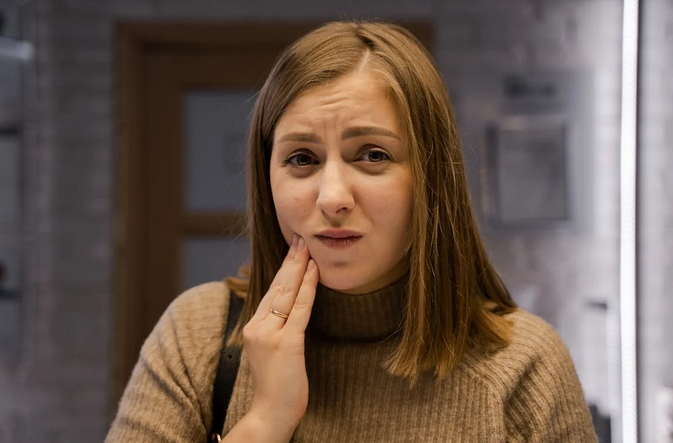The Most Common Dental Emergencies and How to Prevent Them

Dental emergencies can happen without warning. They cause sudden pain, bleeding, or damage to your teeth and gums. Some require immediate attention to prevent long-term problems. Knowing what qualifies as an emergency helps you act quickly. It also increases your chances of preserving your natural teeth. Dental Emergency London is available to handle urgent cases such as severe toothaches, broken teeth, or lost crowns. With immediate professional care, you can reduce pain, prevent infection, and protect your long-term oral health.
Severe Toothache
A toothache is more than discomfort. It can signal deep decay, infection, or damage to the tooth’s nerve. The pain may worsen when you chew, drink hot or cold beverages, or lie down. Infections can spread to surrounding tissues if not treated promptly. To reduce risk, maintain good oral hygiene, and see your dentist for regular checkups. Brushing twice daily, flossing, and limiting sugary foods make a real difference.
Broken or Chipped Tooth
A cracked or chipped tooth may not always hurt, but it should never be ignored. Breaks can expose inner layers of the tooth, making it vulnerable to infection or further damage. Hard foods, sports injuries, or accidents are common causes. Wearing a mouthguard during contact sports is one way to protect your teeth. Avoid using your teeth to open packages or biting down on hard objects like ice.
Knocked-Out Tooth

Losing a tooth due to trauma is a serious dental emergency. Time is critical in this situation. If the tooth is clean and intact, gently place it back in its socket or keep it in milk while seeking immediate dental care. Acting within the first hour offers the best chance of saving it. Preventive measures include wearing protective gear during activities with fall risks and maintaining strong, healthy gums.
Lost Filling or Crown
A lost filling or crown leaves your tooth exposed to bacteria and sensitivity. You may experience discomfort when eating or drinking. This exposure can lead to further decay if not addressed quickly. Temporary dental cement from a pharmacy can protect the tooth until you see a dentist. To avoid losing restorations, refrain from chewing excessively hard foods and attend follow-up appointments after dental work.
Gum Abscess

A gum abscess is a pocket of pus caused by bacterial infection. It can develop from untreated gum disease or trapped food particles. Symptoms include swelling, redness, throbbing pain, and sometimes fever. Without treatment, the infection can spread beyond the mouth. Prevention focuses on thorough brushing, flossing, and prompt treatment of any gum irritation. Regular cleanings also play a role in keeping gums healthy.
How to Prevent Dental Emergencies
Many dental emergencies are avoidable with the right habits. Brushing, flossing, and dental checkups remain the foundation of oral health. Using a mouthguard during sports and avoiding risky habits like chewing ice can protect against sudden injuries. A balanced diet supports strong teeth and gums, lowering the risk of decay and breakage. Being aware of your surroundings and acting with caution during physical activities also reduces the chance of accidents.
Dental emergencies can be stressful, painful, and costly if not addressed quickly. Understanding the most common types and their warning signs helps you respond in ways that protect your oral and overall health. Preventive care, from daily hygiene routines to wearing protective gear, is the most reliable way to reduce your risk. When emergencies do occur, acting fast can make the utmost difference between saving or losing a tooth. By combining preparedness with healthy habits, you can ensure your smile stays strong and functional for years to come.


